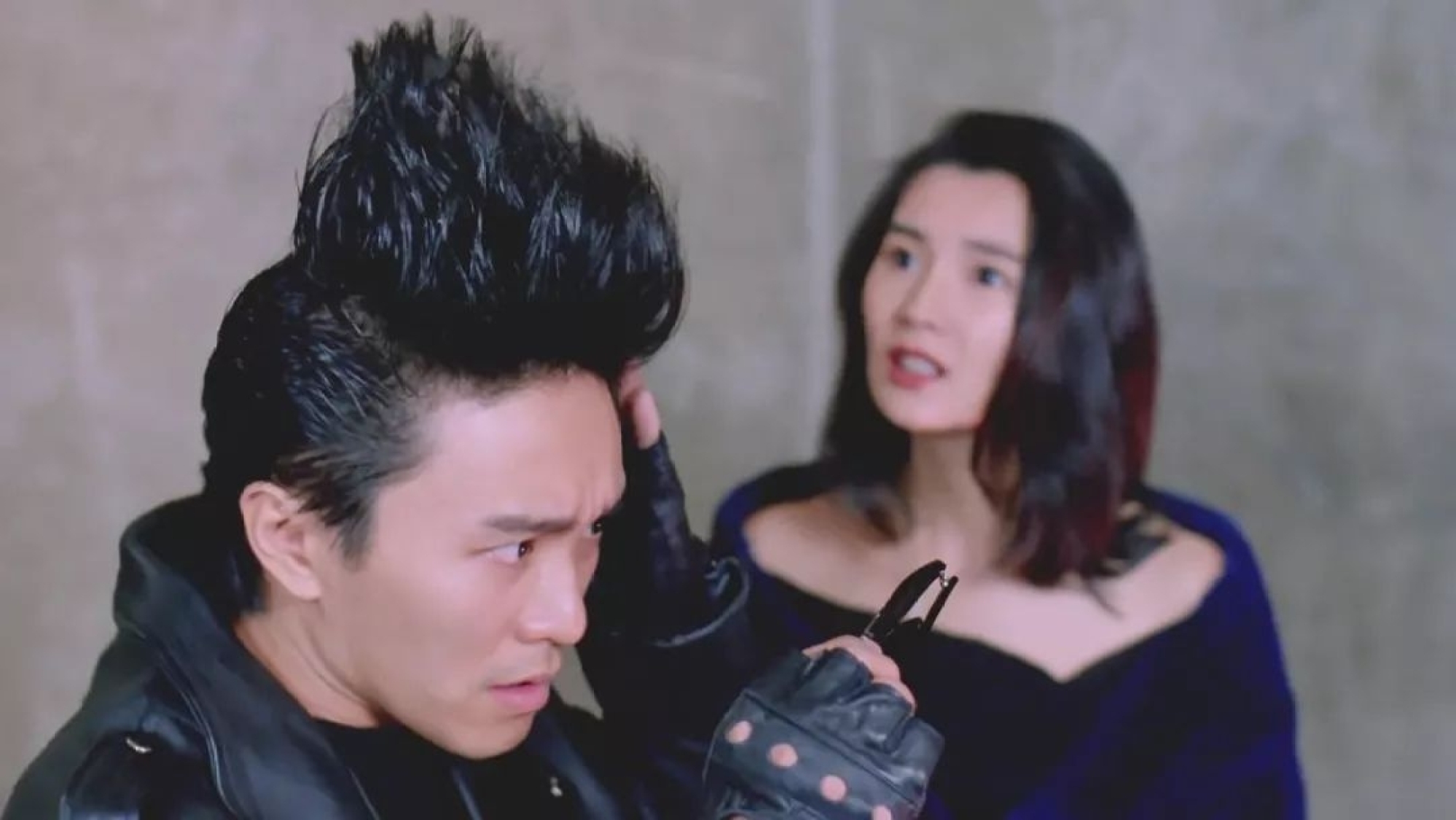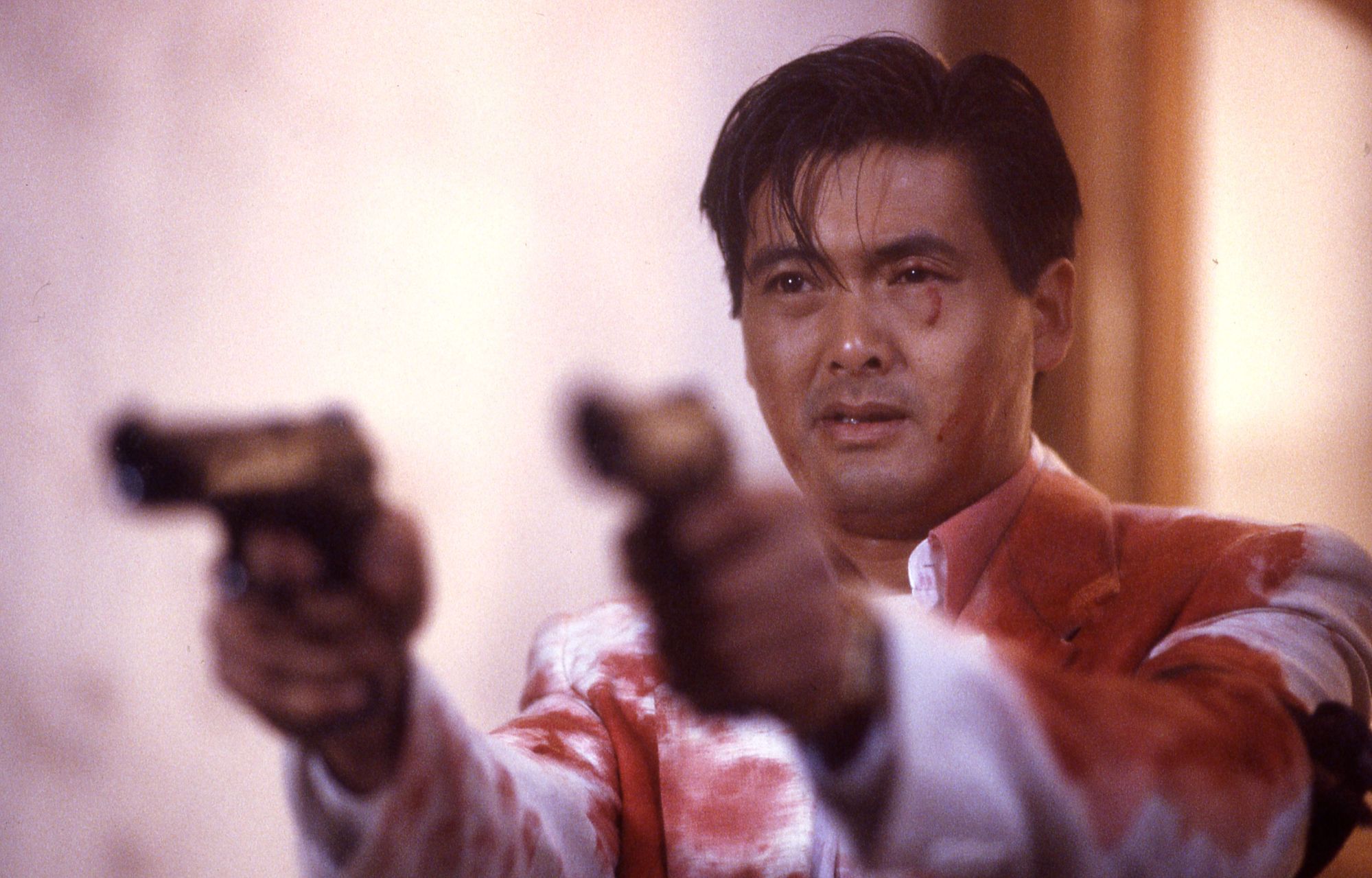What makes a Lunar New Year film? Bruce Lee and Jackie Chan may be global stars, but Hong Kong still loves holiday classics All’s Well, End’s Well and My Lucky Star

The chances that they’d mention something like the Lunar New Year film All’s Well, Ends Well – which grossed twice as much as Hard Boiled and has spawned eight sequels – is low.
That honour often went to a Lunar New Year film. Yet despite these holiday films being massively successful in Hong Kong, they are still relatively unknown abroad.
Hong Kong’s most impressive Lunar New Year desserts

But that’s not surprising. The very definition of a “Lunar New Year film” can be hazy. Romantic comedy The Eighth Happiness, wuxia parody The Eagle Shooting Heroes and gambling drama God of Gamblers were all released during the annual festival, so do they all qualify as a “Lunar New Year film”? To do so can be a little like claiming Jaws, Star Wars: The Empire Strikes Back and The Dark Knight are all the same genre since they are “summer blockbusters”.
“I think it’s very tricky to talk about Chinese New Year films because it’s all about marketing and branding and how a film was labelled when first shown to the public,” explains Dr Fiona Law, of the University of Hong Kong, whose PhD focused on the “Chinese New Year” movie genre.
Despite this fuzziness there are certain key characteristics inherent to most of these films. They are generally lighthearted comic affairs with a focus on wealth or, more generally, good fortune, being the most important theme of all.
Where are Hong Kong’s most famous actresses of the 90s today?
This trend dates back to the very origins of the genre. The first documented Lunar New Year film is Tang Xiaodan’s Hong Kong film Bloom and Prosper. Although the production is now lost, surviving details reveal that its story centred on winning the lottery and that it was actively promoted as a “Chinese New Year film”.
Wealth and good fortune – the two often go hand in hand in such movies – has remained a staple ever since. The popular 80s and 90s franchise It’s a Mad, Mad, Mad World focused on the Puis, a down-on-their-luck family who manage to turn things around, although not always for the better, by winning the lottery.
Which Chinese drama stars started off in Hong Kong movies?
An emphasis on wealth might seem shallow or off-putting to some, but Law believes this focus is rooted in very local circumstances. “Chinese New Year is a time for planning your future,” she explains, “and Hongkongers are really money-minded. With money, you can do anything you want. It’s a hope or a fantasy about the future projected to audiences.”
Given the genre’s connection with wealth, it is perhaps of little surprise that most classic Lunar New Year movies were made during Hong Kong’s heyday in the mid-80s to mid-90s. During the financial and economic boom of those years, it seemed like anyone could make a fortune if they worked hard and played their cards right.
Alongside wealth, romance is the other major theme of such films. Almost invariably star-studded affairs, these movies often try to pair off as many A-list Hong Kong actors and actresses as possible.
These films being what they are, it’s also worth noting that a happy ending is guaranteed. No matter what troubles pop-up or even how badly certain characters behave, it’s a sure thing everyone will have kissed and made up come the end credits. Expect no heroic sacrifices or bittersweet farewells here.

Themes of money, love and family, an all-star cast, a lighthearted script and a happy ending – these then can be considered the essential ingredients of a quintessential Hong Kong Lunar New Year film. A film without these ingredients would be a little like a James Bond movie minus its eponymous hero and without any gadgets, villains and beautiful women for Bond to try and romance. In other words, it wouldn’t be worth the name.
The Chinese celebrities who made millions during lockdown
Despite ruling the box office for many years, Hong Kong’s taste for the formula offered by such films seems to be fading. The films are still being made – were it not for Covid-19, you could expect some in cinemas soon – but they no longer rule the box office like they did in days past. In another irony, it seems the genre is a victim of its own success.
“Nowadays, these films are less successful because [previous ones] were too popular and too culturally significant,” says Law. “The original All’s Well, Ends Well [from 1992] – people really think it’s a classic, the kind that can’t be made nowadays. Those classics have become a kind of benchmark of a perfect past. Because of people’s nostalgia, it’s impossible to achieve that level of perfection again.”
Want more stories like this? Sign up here. Follow STYLE on Facebook, Instagram, YouTube and Twitter.

- Hong Kong cinema is synonymous with action films starring Jackie Chan and Bruce Lee – but why haven’t its Lunar New Year movies made it bigger abroad?
- Hits like It’s a Mad, Mad, Mad World released during the annual festival aren’t well known globally but remain festive family favourites in the city